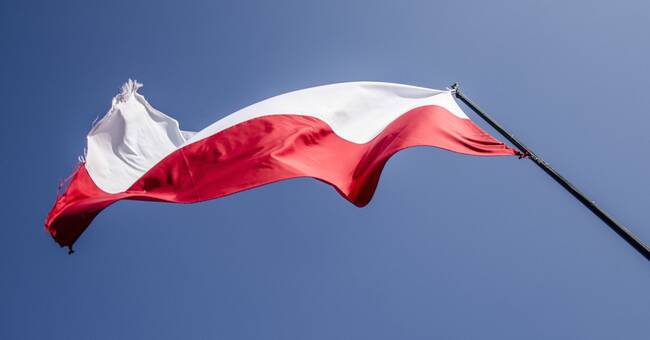In 2018, historians Barbara Engelking, based in Warsaw, and Jan Grabowski from the University of Ottawa published a comprehensive historical report on the fate of the Jews in German-occupied Poland 1939-1945, something that Dagens Nyheter reported on.
The report shows examples of Jews who survived the Holocaust thanks to the help of their Polish neighbors.
But the researchers also tell of several cases where Poles participated in the murder of Jews.
Holocaust law was introduced in 2018
One of the cases concerns a mayor of the Polish countryside who is said to have helped the German army by entering 22 Jews.
The group was executed after the revelation.
The mayor's niece chose to sue the researchers for libel.
She demanded a public apology and SEK 250,000 in damages.
On Monday, the court in Warsaw announced that the two researchers were found guilty, reports the BBC.
The penalty will be that Barbara Engelking and Jan Grabowski will apologize to the niece, but avoid the claim for damages.
The researchers have announced that the verdict will be appealed.
"A serious attack"
Although the trial is a civil case, it says a lot about the Polish state's attitude to research on the Holocaust, say the researchers and several observers.
The niece who is pursuing the case against the researchers is supported by the organization Anti-defamation league, which is close to the Polish state and works to defend Poland's good reputation.
Poland's Chief Rabbi Michael Schudrich tells the BBC that the atmosphere should be seen as an attempt to intimidate researchers.
One of the accused, Barbara Engelking, tells the AP that the trial is very dangerous for freedom of expression.
Yad Vashem, the Holocaust Remembrance Center, has described the case as "a serious attack on free and open research".
The Holocaust Act was passed in 2018
The Polish state has for several years been accused of abruptly sweeping the country's participation in the Holocaust under the rug.
In 2018, the Government Party Law and Justice (PIS) passed a law that makes it a criminal offense, with up to three years in prison, to charge Poland and Poles for the Nazi genocide.
The Holocaust Act, as it is called, is intended to protect Poland's reputation.
After harsh criticism, from Israel and others, the penalty scale was lowered - but the law still applies.
However, the Holocaust Act was not invoked in the present case with the two researchers.

